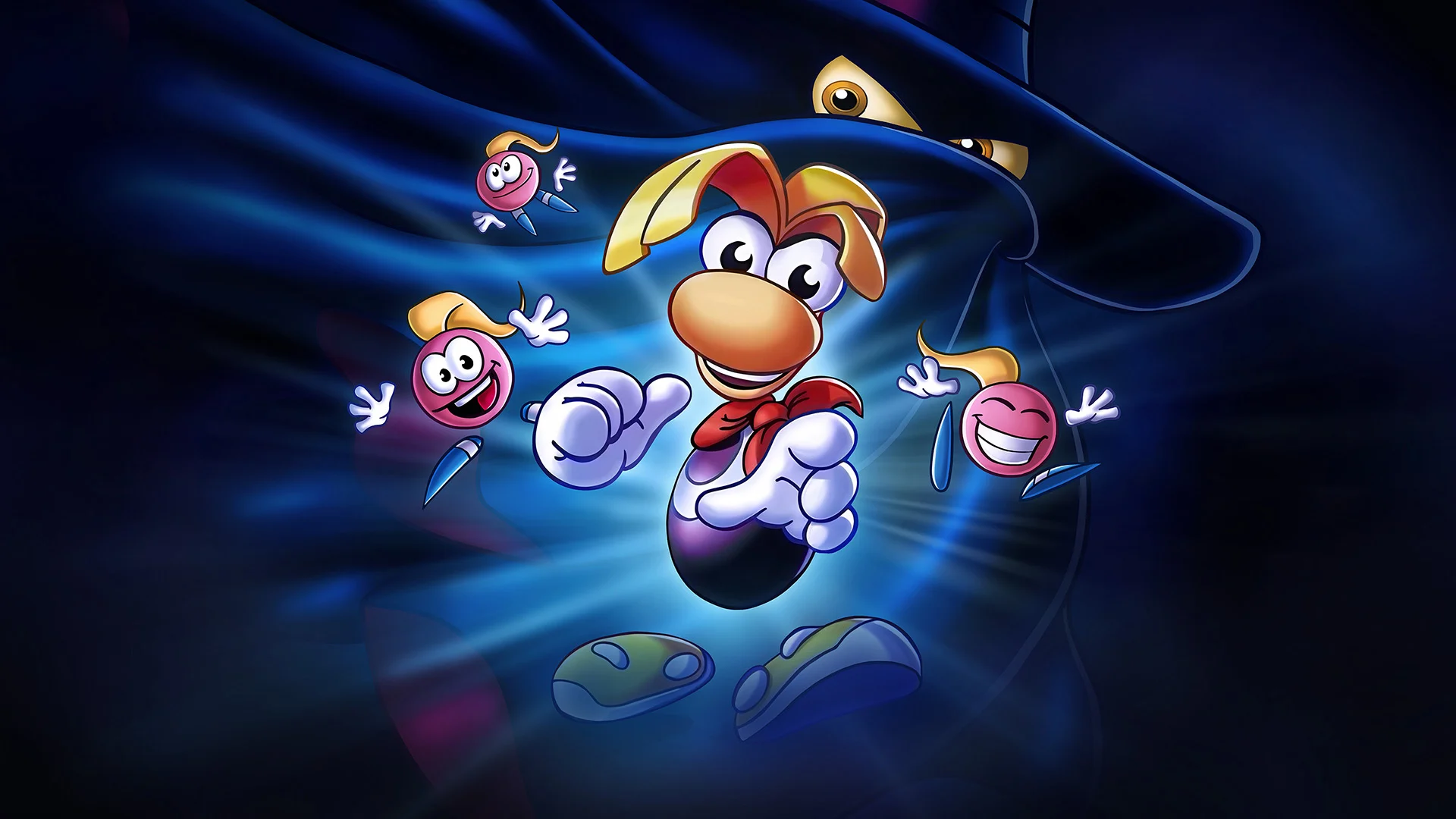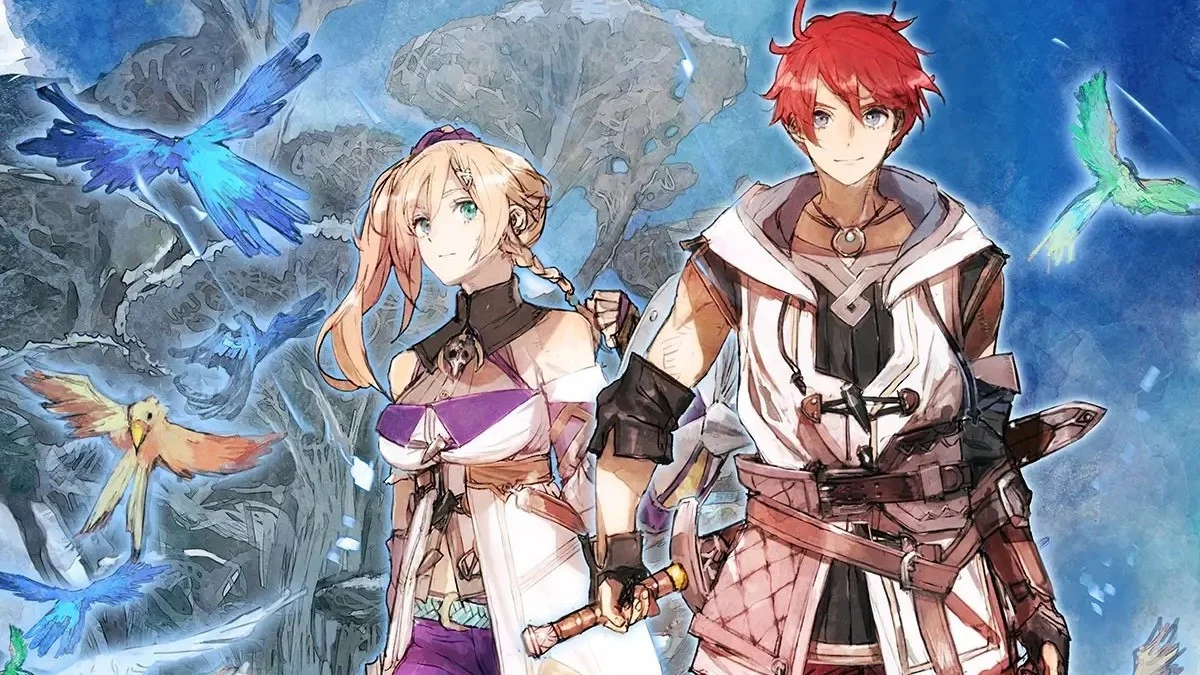Almost everyone will immediately recognize the phrase “Only You Can Prevent Forest Fires”. It’s the slogan of Smokey the Bear, the United States Forest Service’s long-time mascot designed to educate the public of the dangers of human-created wildfires. Whilst you might initially think that most wildfires are started by human activity, actually a lot of fires happen naturally as a result of lightning strike, volcanic eruption or even spontaneous combustion. In the United States however, fires usually start as a result human involvement such as through campfires or agriculture, and continue outnumber naturally occurring fires by around 6 to 1. Thus, the continued need for Smokey the Bear across the media. Protecting the many vast wildernesses of America’s national parks and forests is serious business, which to this day continues to be undertaken by a combination of volunteers and park rangers, who scan the landscape for smoke day after day during the hot summer months.
Firewatch, the first game from studio Campo Santo, doesn’t actually involve a lot of watching for fires as the name might lead you to imply. Instead, it’s a first person story-driven adventure. Set one year after the devastating Yellowstone fires of 1988, Firewatch has you playing as Henry, who due to an emotional event in his life decides to get away from it all and takes a summer job as a fire lookout in the tranquil wilds of the Shoshone National Forest, Wyoming; a forest which borders Yellowstone. Henry just wants to forget about his responsibilities and escape into the wild. Your sole companion is your supervisor Delilah, stationed at the neighbouring Thorofare Lookout several miles away. The bulk of the game charts Henry’s stay in the wilderness and his blossoming friendship with Delilah, alongside slowly uncovering a key mystery regarding who or what is quietly watching and studying them. The emotional arc of Henry and Delilah’s relationship works magnificently, but unfortunately the mystery element doesn’t quite hang together and is resolved in a rather rushed denouement. Nonetheless, the actual end of the game feels appropriate, with no easy answers or happily ever after.

It speaks volumes as to the strength of the main characters that their voice acting alone is enough to give us intimate knowledge of Henry and Delilah’s psyches. We never see Delilah in person, and there is only once a static glimpse of Henry’s face in a photograph. Despite this, the marvellous voice acting of Cissy Jones and Rich Sommer makes them both feel like fully rounded individuals with their own fears and aspirations. Henry is down to earth and friendly, but suppresses deep sorrow and anxiety. Similarly, while Delilah is outwardly bubbly and funny, she harbours her own historical trauma.
Your impact on the story is limited in terms of the general direction, but you do have influence over certain aspects. Before starting the game proper you’re given a brief “Choose Your Own Adventure” style introduction, where you fill out Henry’s backstory prior to 1989. Similarly, when conversing with Delilah you have the option to respond to her in several different ways, be it friendly, funny, or angry. This will impact your relationship with her, and slightly changes the hue of their friendship (although it’s impossible to outright destroy it). Incidental dialogue between the characters does lessen as the game progresses, which is a little disappointing, but given how the story unfolds it does at least make internal sense.

Something else which works in Firewatch’s favour is the fact it expertly makes use of a wide range of emotions. Delilah’s banter and jokes with Henry are frequently delightful and sometimes laugh out loud. Later on, as the mystery develops, the characters concern slowly morphs into outright panic in a very natural way. I felt a similar sense of dread while wondering around the spooky forest in the dark, that gnawing fear of the unknown. The way the mystery is eventually resolved does let some of this paranoid atmosphere go to waste, but it’s good while it lasts.
Firewatch’s gameplay is adventure-driven in a similar way to something like a Telltale game; usually Delilah will give you instructions over the radio and then you’ll need to hike out to whenever she’s indicated and investigate. The game is set in a reasonably restrictive open world, some parts of which are sectioned off until you’ve advanced the story and gained access to useful equipment such as abseiling ropes or a fire axe. You’re also equipped with a detailed map of the landscape, which you can gradually fill in with extra information by visiting a number of park ranger caches dotted around the forest. You’ll usually be chatting with Delilah, cleaning up the forest and solving a minor puzzle or two along the way. About a third of the way into the game you also get access to a disposable camera, which can be used to take pretty pictures of the glorious countryside. You can also pick up most objects in the environment and manipulate them, in a similar way to Gone Home (look out for the cameo), some of which will glean an extra bit of banter with Delilah.

The thing that really hits you when you just stand back and look at Firewatch is that it’s utterly gorgeous. The art style is somewhat reminiscent of a Pixar film, with liberal use of bright pastel coloured trees and bushes cheerfully thrown in amongst vibrantly coloured mountains. It makes the Wyoming wilderness at once incredibly inviting and genuinely charming. The lush meadows, swaying trees, sounds of birds, rustling undergrowth, and other ambient sounds evoke a superb sense of place. The landscape is cleverly designed so that even though it isn’t huge, it often feels like it thanks to some creative environment design. Later on, as a fire in the neighbouring forest grows, the environment becomes darker and smokier as the fire starts to choke the life out of everything. Similarly, an enchanting original soundtrack composed by Chris Remo aids in creating an atmosphere that ranges from peaceful to suspenseful when necessary.
Firewatch isn’t perfect, but it’s definitely worth playing. Although the plot is a bit hammed and it resolves in a rushed and unsatisfying fashion, spending time in the company of Henry and Delilah is always a pleasure. Their relationship lives and dies by the dialogue, and it’s to the game’s credit that it consistently works well throughout. Firewatch is worth at least a couple of playthroughs to experience any missed dialogue or make different choices, and is just as enjoyable a second time around. With its downright stunning scenery, plentiful hiking and ability to take photos and even have them developed for you, Firewatch does feel remarkably like going on a little holiday, albeit one with a lot more mystery than a typical holiday would entail. The friends you make might not become lifelong companions, but while you’re with them, you enjoy their company. Firewatch is at the forefront a game about relationships and connections, and if you’re at all interested in how we connect with others, it’s definitely worthy of your time.





